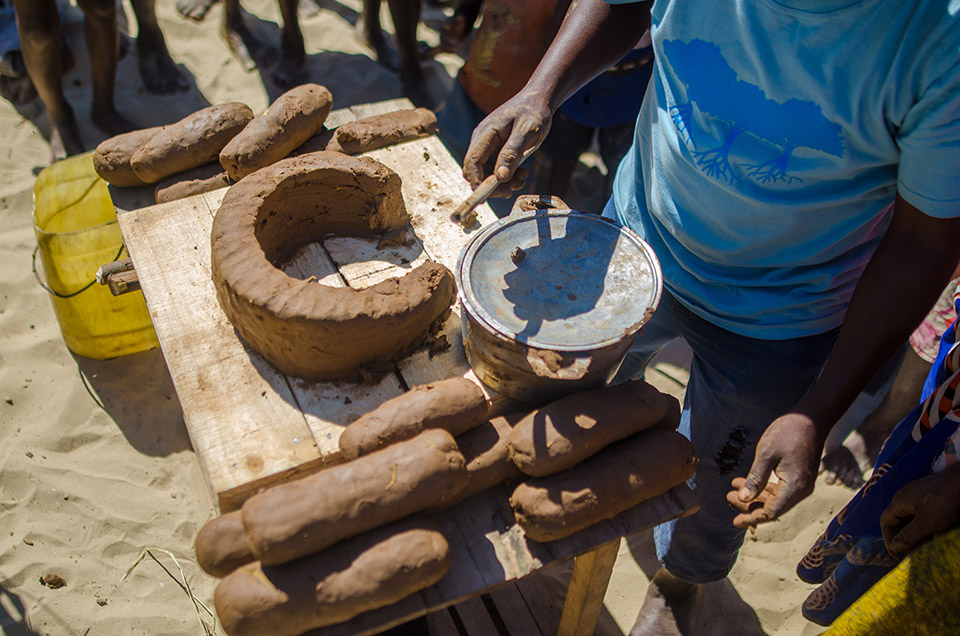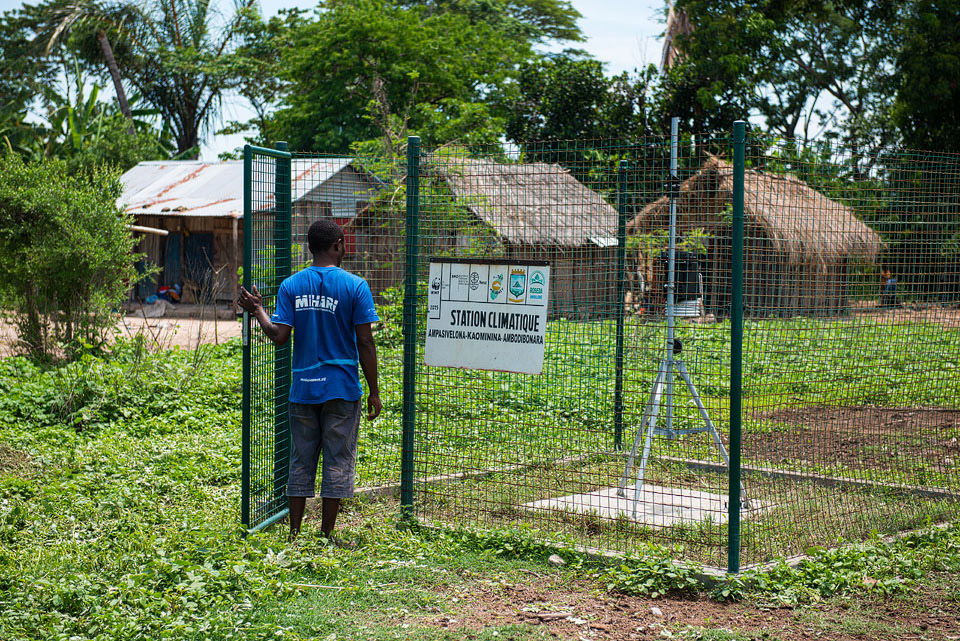The WWF is run at a local level by the following offices...
- WWF Global
- Adria
- Argentina
- Armenia
- AsiaPacific
- Australia
- Austria
- Azerbaijan
- Belgium
- Bhutan
- Bolivia
- Borneo
- Brazil
- Bulgaria
- Cambodia
- Cameroon
- Canada
- Caucasus
- Central African Republic
- Central America
- Central Asia
- Chile
- China
- Colombia
- Croatia
- Democratic Republic of the Congo
- Denmark
- Ecuador
- European Policy Office
- Finland
Our News
Climate emergency and global energy crisis: which way for Madagascar?
The latest IPCC (Intergovernmental Panel on Climate Change) report entitled "Climate Change 2022: Mitigation of Climate Change" has just been released.
It reveals that greenhouse gas emissions between 2010 and 2019 were higher than any other decade in human history. We have very little time left to limit global warming to 1.5°C; beyond this threshold, the impacts of climate change will be irreversible. This harsh reality is primarily due to the polluting fossil fuels that still power our energy systems, as well as the carbon released into the atmosphere when natural ecosystems are destroyed.
Greenhouse gas emissions must be reduced by 60% by 2030, in eight short years. But we still have a choice, especially since options for reducing emissions exist. Implementing these options would put humanity on a more sustainable, low-emission development trajectory with fewer associated climate impacts,
Climate change is moving faster than we are. In 2019, oil contributed 33%, gas 21%, and mining coal 39% of the 36.4 Gt of CO2 emissions. Getting out of fossil fuels quickly is vital! It is all the more vital that transforming our systems and getting out of fossil fuels is not only good for the climate, but can also help us get out of the global energy crisis. Indeed, world oil, gas and mining coal prices have been rising steadily since the beginning of 2021. Several geopolitical (the most recent being the war in Ukraine), geo-economic, and techno-economic factors are the cause. All countries are threatened in their energy security and by ricochet in their economy given the too strong dependence on fossil energies, even if renewable energies take their place little by little.
Madagascar is no exception.
We are experiencing the full impact of climate change, including increased flooding and drought, more frequent cyclones, and coastal erosion. Unfortunately, our natural ecosystems, which could help us cope with the effects of climate change, are rapidly deteriorating due to various anthropogenic activities; efforts to preserve these ecosystems are not yet sufficient in scale and are not keeping pace with the degradation.
On the energy side, although the energy transition is underway, about 60% of the electrical energy we consume is still obtained from the combustion of imported fossil fuels, without allowing access to electricity for all in a sustainable manner. On the interconnected network, the cost of electricity is thus expensive, and the price charged to consumers is subsidized, which is not sustainable over time. We also depend on petroleum products for all our transportation needs. We do have oil, gas, and coal deposits that could, at first glance, help us get out of import dependency. In reality, investing in the exploration and exploitation of these deposits has become less and less viable and therefore economically risky, apart from the fact that we would only contribute to the acceleration of climate change.
Furthermore, 90% of the population uses firewood or charcoal as cooking energy. However, in most cases, this wood obtained illegally contributes significantly to the degradation of our forests, which are already damaged by the clearing of land for slash-and-burn agriculture.

As the IPCC report underlines, and Madagascar is not left out, we know the solutions and we have the choice of our future. "The best way forward, given the climate emergency and the global energy crisis, is to accelerate the country's energy independence by optimizing our consumption systems and exploiting local renewable energy resources. We must maintain this course, as well as that of access to energy for all, against all odds, while ensuring the preservation of natural ecosystems that are the guarantors of our resilience to climate change" said Voahirana Randriambola of WWF.
For the Energy sector, the focus should be on developing low-emission energy systems. For example, we can accelerate the development of "green" electricity (renewable energy combined with energy efficiency measures) for all, including in the most remote villages: plans and programs exist for this purpose, and we must accelerate their implementation. We can accelerate the development of sustainable cooking energy along the lines of the National Wood Energy Supply Strategy, which means in particular accelerating the scaling up of sustainable practices along the wood energy value chain for a triple impact: availability of sustainable and affordable cooking energy, preservation of the integrity of our forests as a carbon reservoir, and as a solution to adapt to climate change We can develop transportation systems that limit the growing demand for fossil fuels. And so on. There is no shortage of solutions, but we must not delay. And beyond the energy sector, we can make "climate smart" investment choices.
